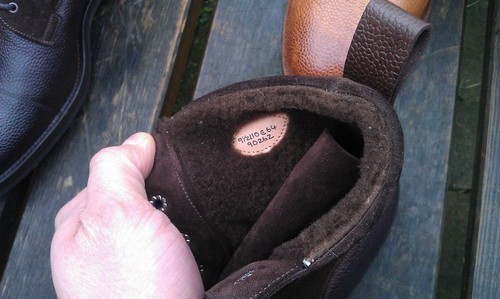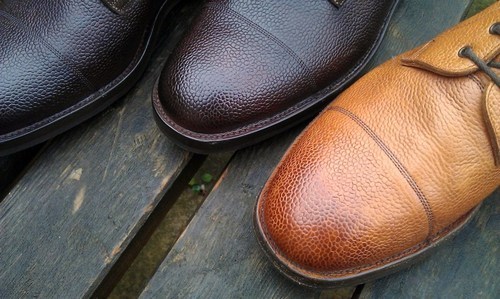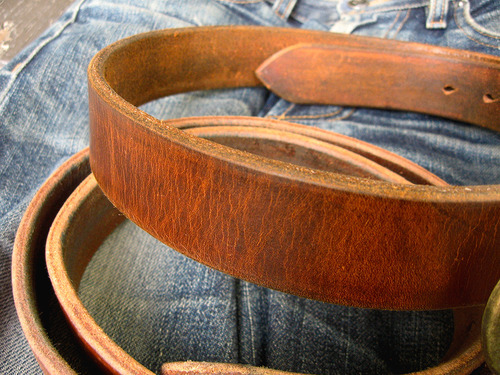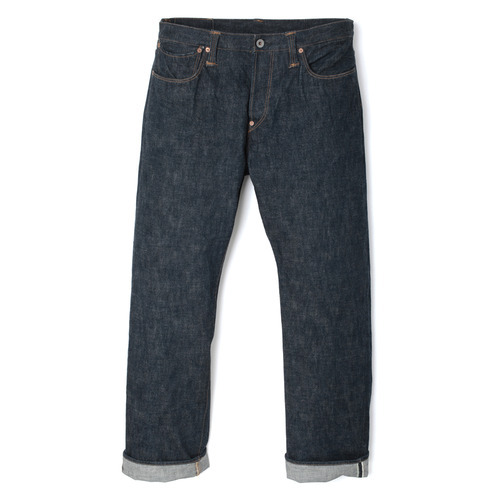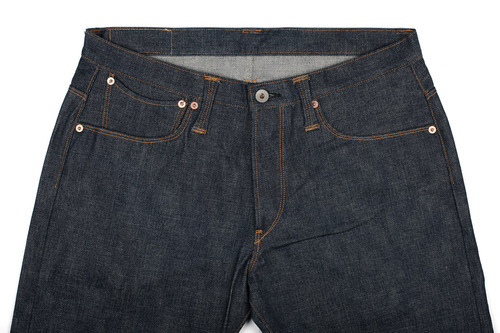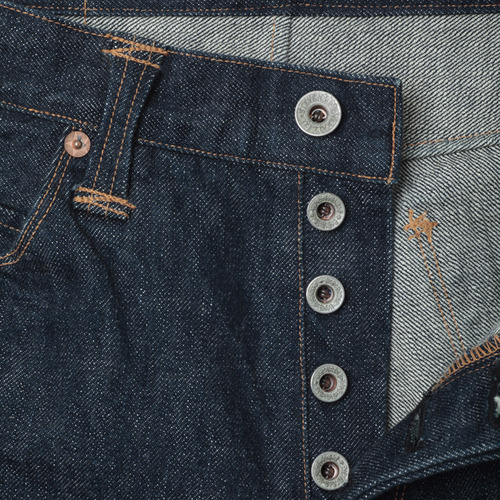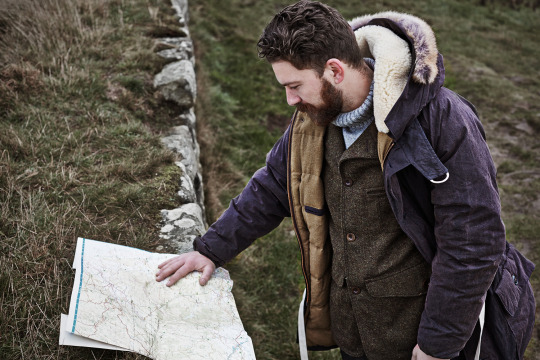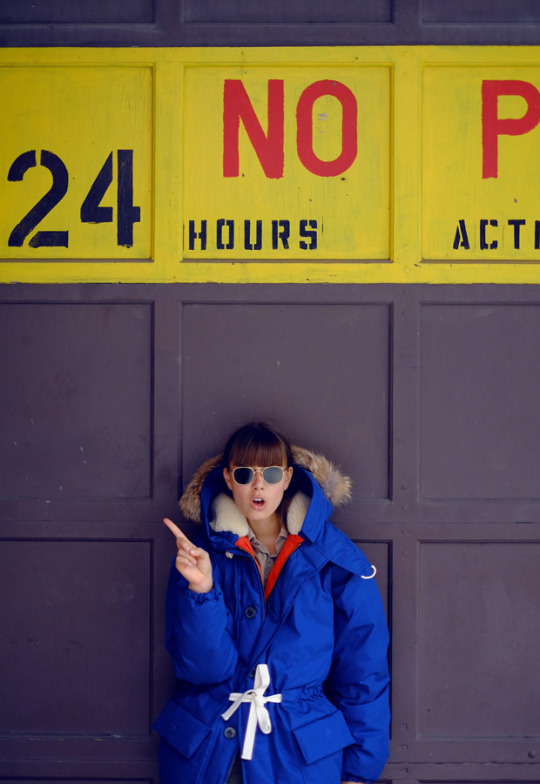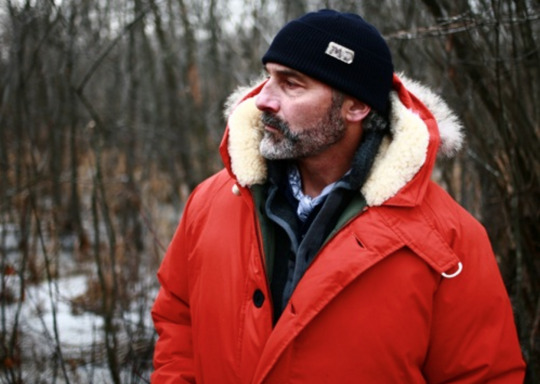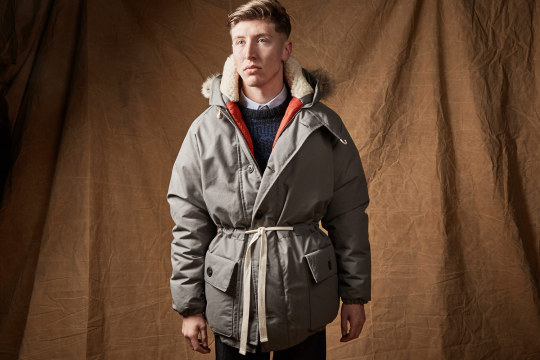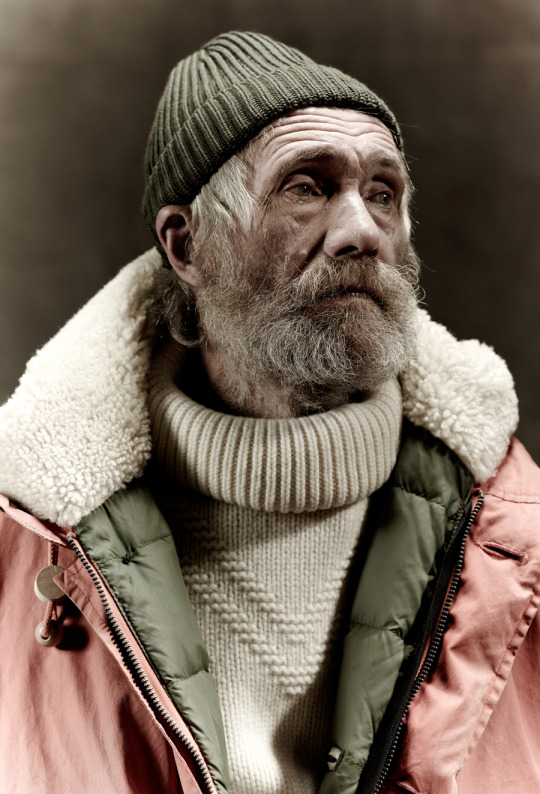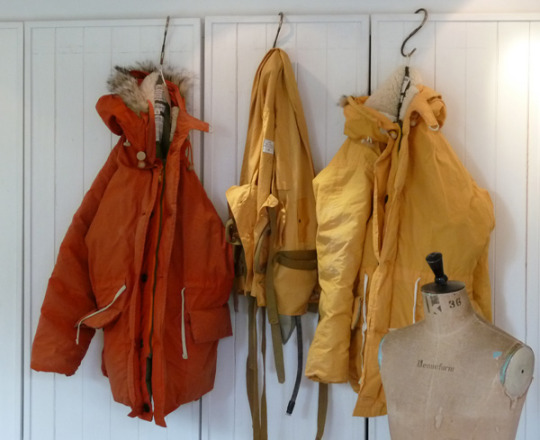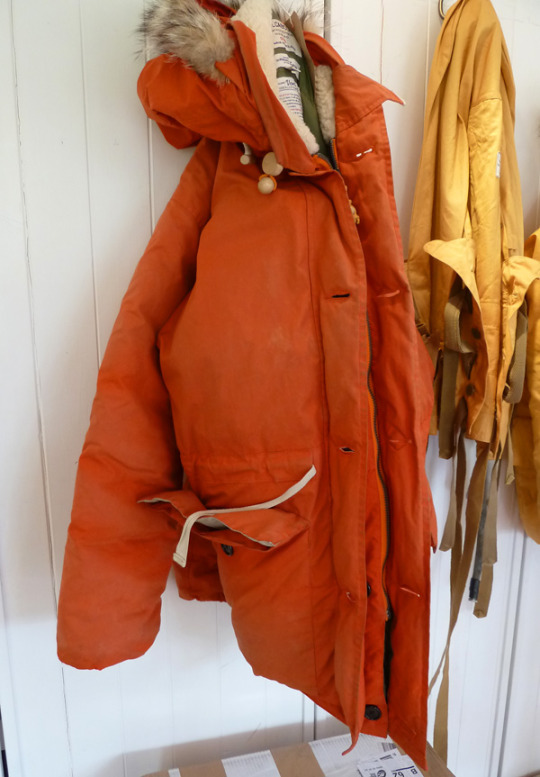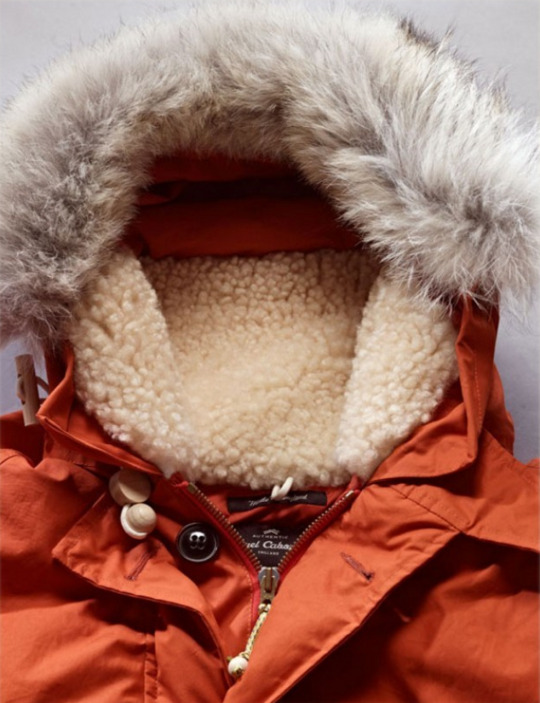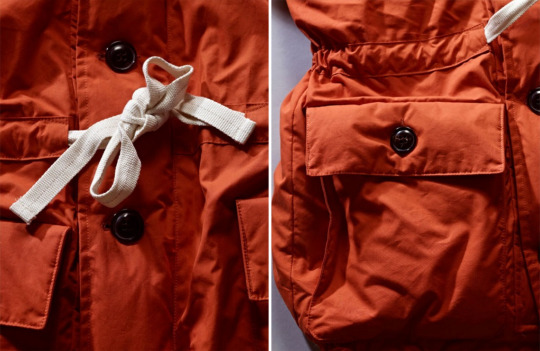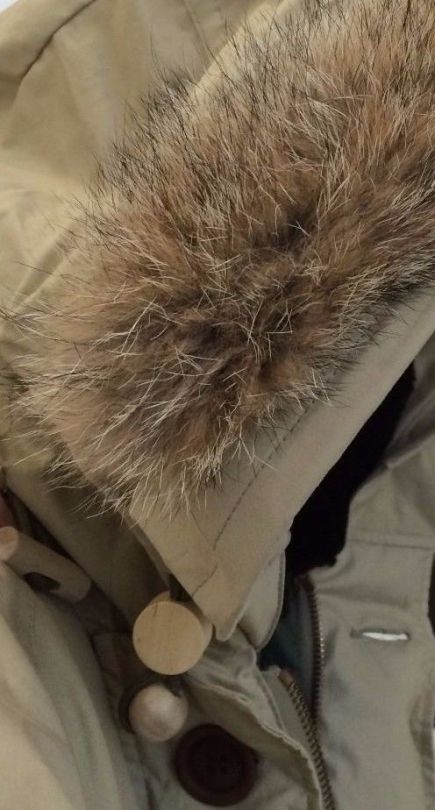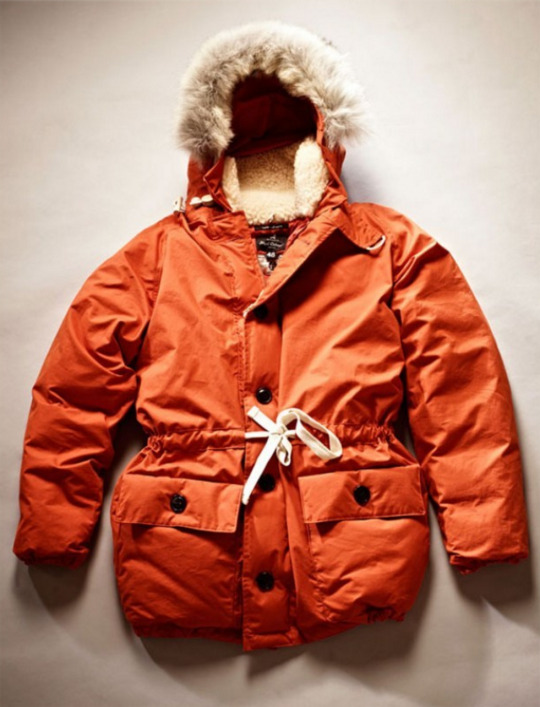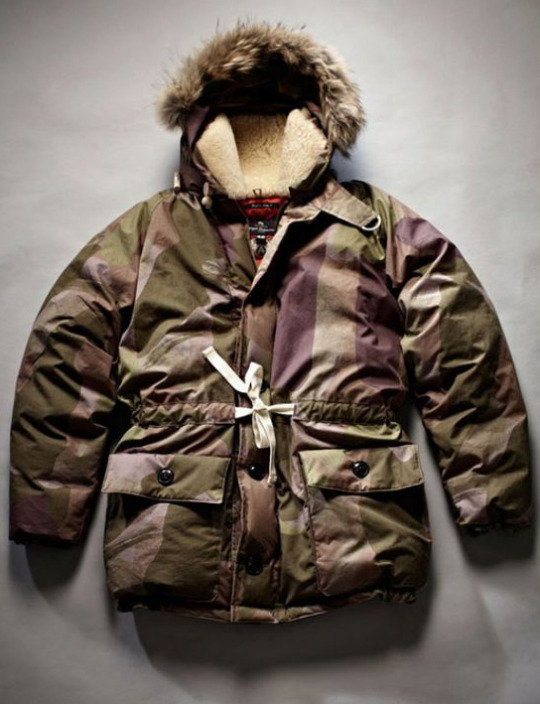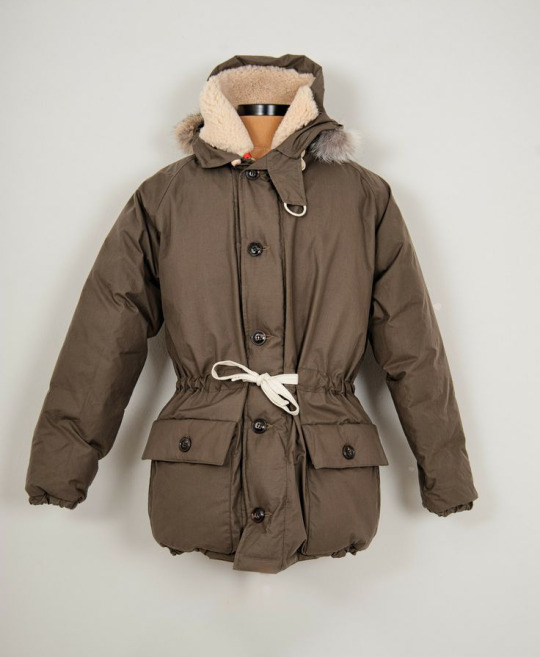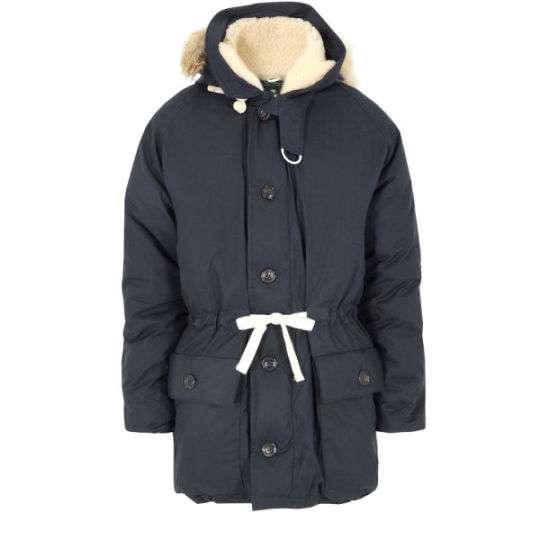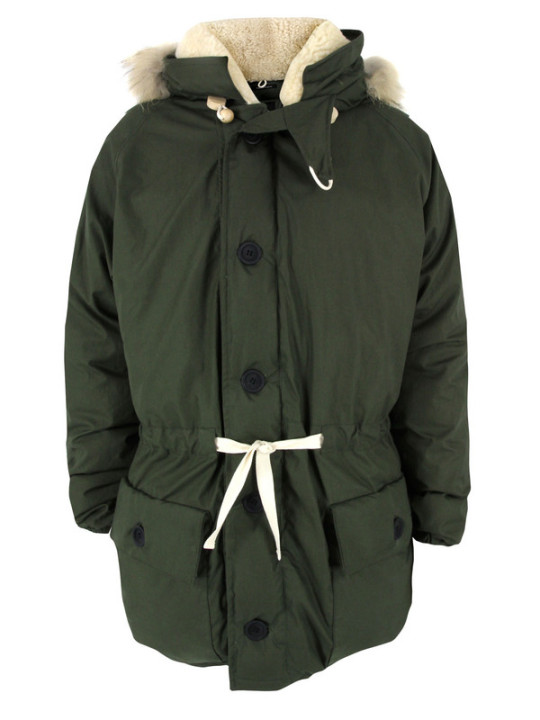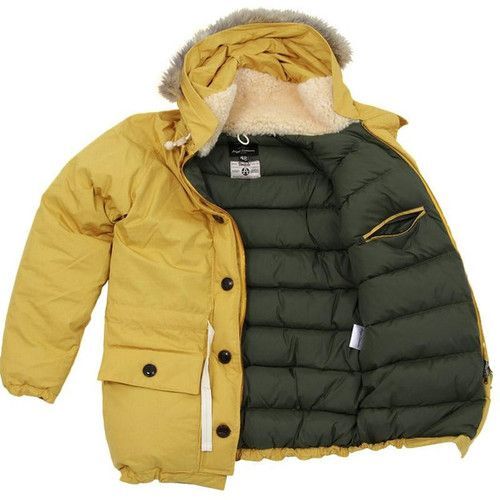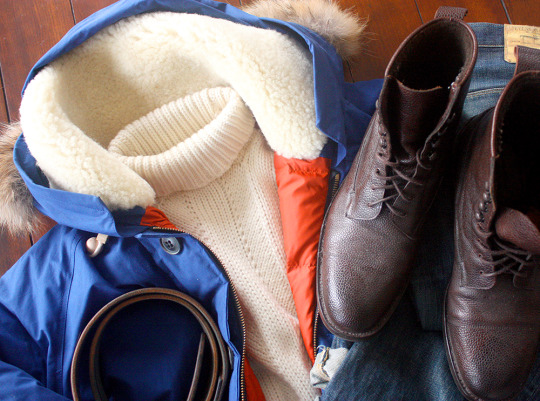
What to wear when this winter has been unusually cold? I recently got back from a trip to Vancouver, and while the weather wasn’t that much cooler than evenings in San Francisco, my family and I took a trip up to Whistler – one of the local ski resort towns. Here in the Bay, I can usually get by with a thick cashmere sweater, tweed sport coat, and some kind of outerwear (although this year, I’ve been pining for some heavier dress coats given the falling temps). In Whistler, things were downright freezing.
There ought to be a saying about how 90% of your body heat escapes from your neck, because a chunky turtleneck sweater is one of the warmest things you can own. So warm that you may find yourself uncomfortable indoors, depending on the heating. I wore the one above from Asprey, which is no longer available, but you can find similar pieces this season from Scott & Charters, Inis Meain, Orvis, Thomas Maier, and Montgomery.
Thick turtlenecks are often too warm to layer over anything but t-shirts, but I like baselayers for my legs. I find tailored trousers don’t wear that much warmer than mid-weight denim, and I prefer the latter when the weather is particularly nasty (if only because I don’t have to fuss over jeans). Smartwool’s 250 baselayers are nice. Being made from pure merino wool, they’re more delicate than wool blends and synthetics, but also more insulating.
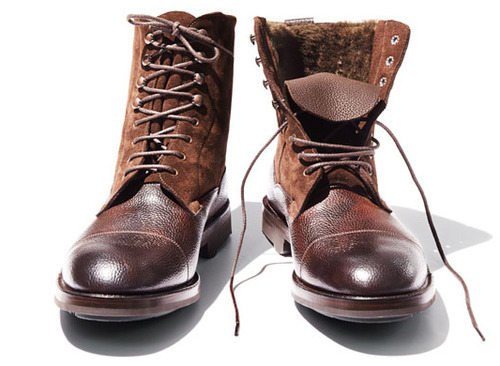
For footwear, I took along my Edward Green Galway boots, made from a country grain leather, Ridgeway soles, and a bit of shearling lining (good for added comfort). I’ve always wished these were built with a storm welt, which would help keep out moisture when you’re stomping through the snow, but they’ve held up fine over the years. You can get custom MTO shearling boots these days from Edward Green and Enzo Bonafe.
What really kept me warm, however, was this “indigo” colored Nigel Cabourn Everest parka (same model as the one Lauren over at Ponytail Journal wears here). An avid vintage collector, Nigel Cabourn bought one of the parkas Edmund Hillary used during the first successful ascent up Everest in 1953. Nigel Cabourn’s version is essentially identical, but made with modern workmanship. It features a water-resistant Ventile shell; a three-panel, snorkel hood with sheepskin lining and fur trim; and hand-stuffed good down insulation in the body and pockets. This coat makes you feel like you’re wearing a cloud and an electric blanket at the same time.
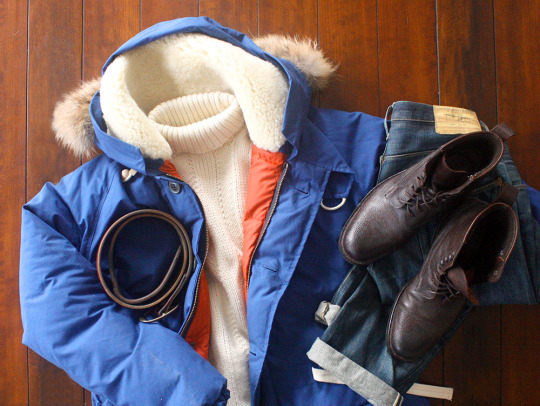
Here’s the thing about down coats: not everything advertised as down is actually made with down feathers. Today, down is often used as a generic term for any kind of puffy garment made with a filling. Sometimes those fillings are synthetic (e.g. Primaloft); sometimes they’re made from the soft under-feathers of ducks or geese. Fundamentally, they both create air pockets, which trap warm air and keep you feeling toasty.
There are differences, however. Down is lighter than synthetics, yet warmer wearing, and it’s easier to roll up and pack into a suitcase. Synthetics, on the other hand, hold their heat retention properties better when wet, are easier to clean, and more affordable. The disadvantages of down has always been the price, as well as the fact that, if the shell is ever compromised and water seeps in, the feathers collapse and take forever to dry. Anyone who’s gotten a down sleeping bag wet can tell you – they’re essentially useless.
Assuming you don’t get caught in a downpour, down coats are great in the wintertime. When buying one, pay attention to the fill power rating – that’s the number that tells you down’s loft (a factor of the quality of the down, as well as the ratio of down feathers to regular feathers). The higher the rating, the warmer the coat, but also the more useless it’ll be in high humidity or wet environments. Nigel Cabourn’s down parkas are made with 700 fill power, which has been perfect for me.
Nigel Cabourn doesn’t make his Everest parka anymore. It’s been replaced with the Antarctic parka, which is similar, but has a belted waist and map pocket. Sometimes you can find Everest parkas kicking around on eBay, but they’re still well north of a grand. For something more affordable, Ralph Lauren has something this season modeled after field jackets. I also like these parkas from Descente and Snow Peak (the second of which is on sale right now at Camp Saver).
Pictured above: Nigel Cabourn Everest parka in indigo | Asprey cashmere turtleneck sweater | Stevenson Overall Co 767 jeans | Edward Green shearling lined Galway boots on the 64 last (available as a made-to-order through Gentlemen’s Footwear) | Don’t Mourn Organize harness leather belt
